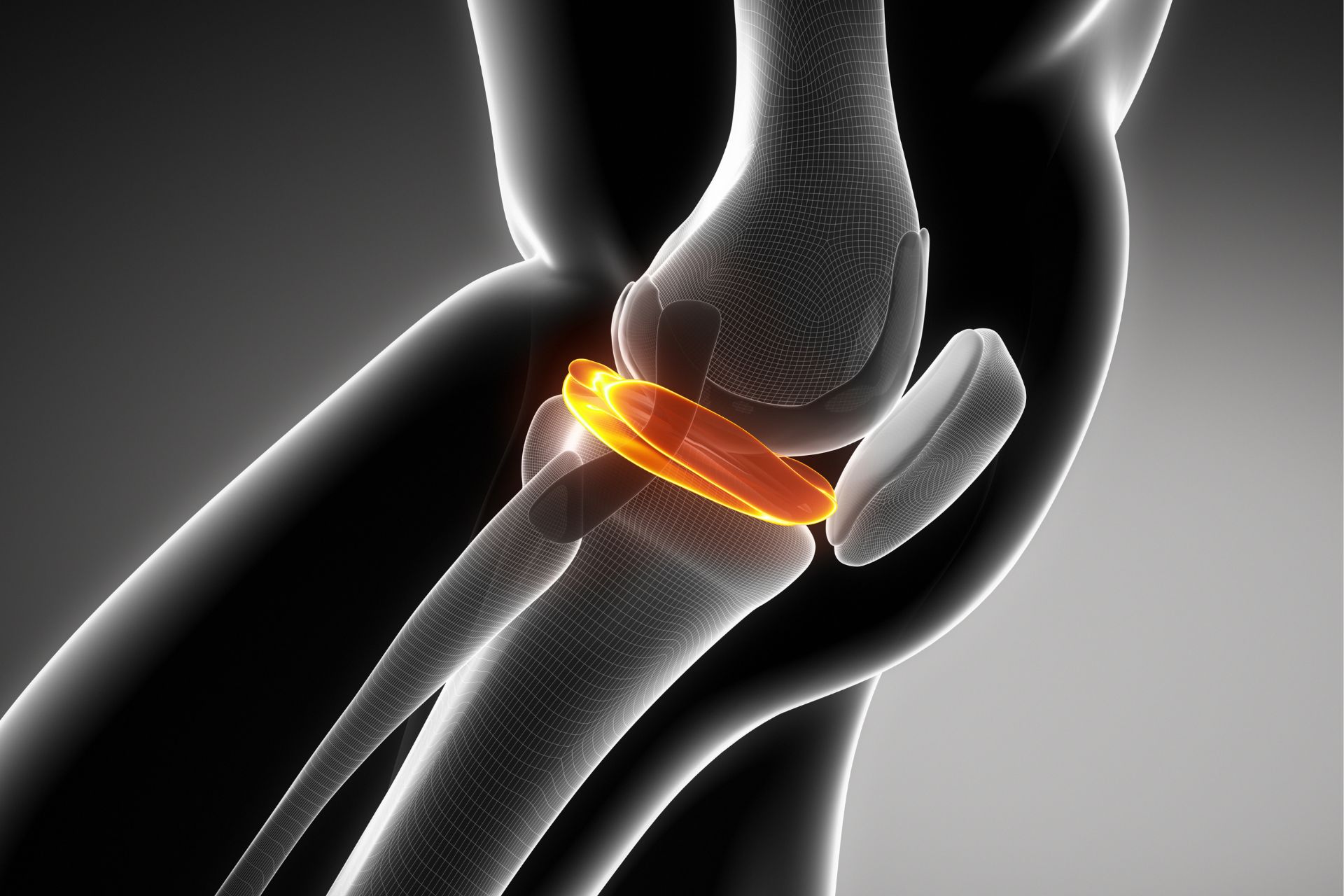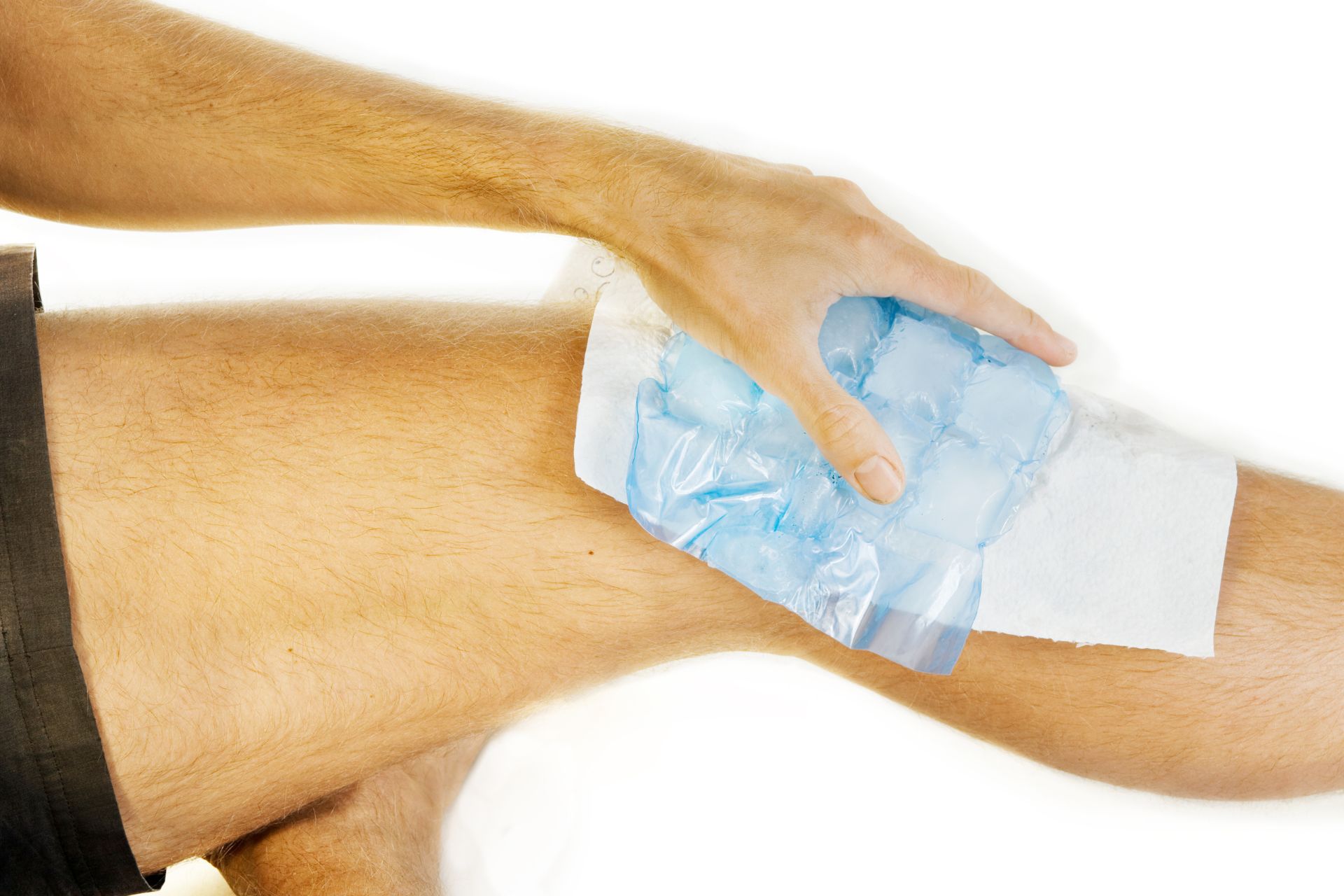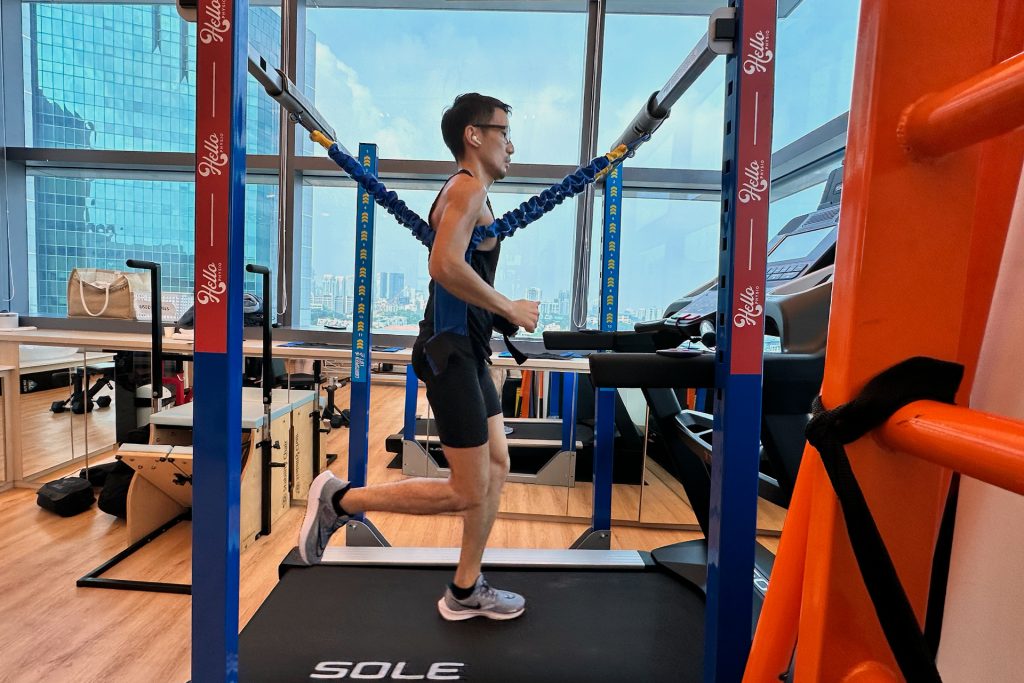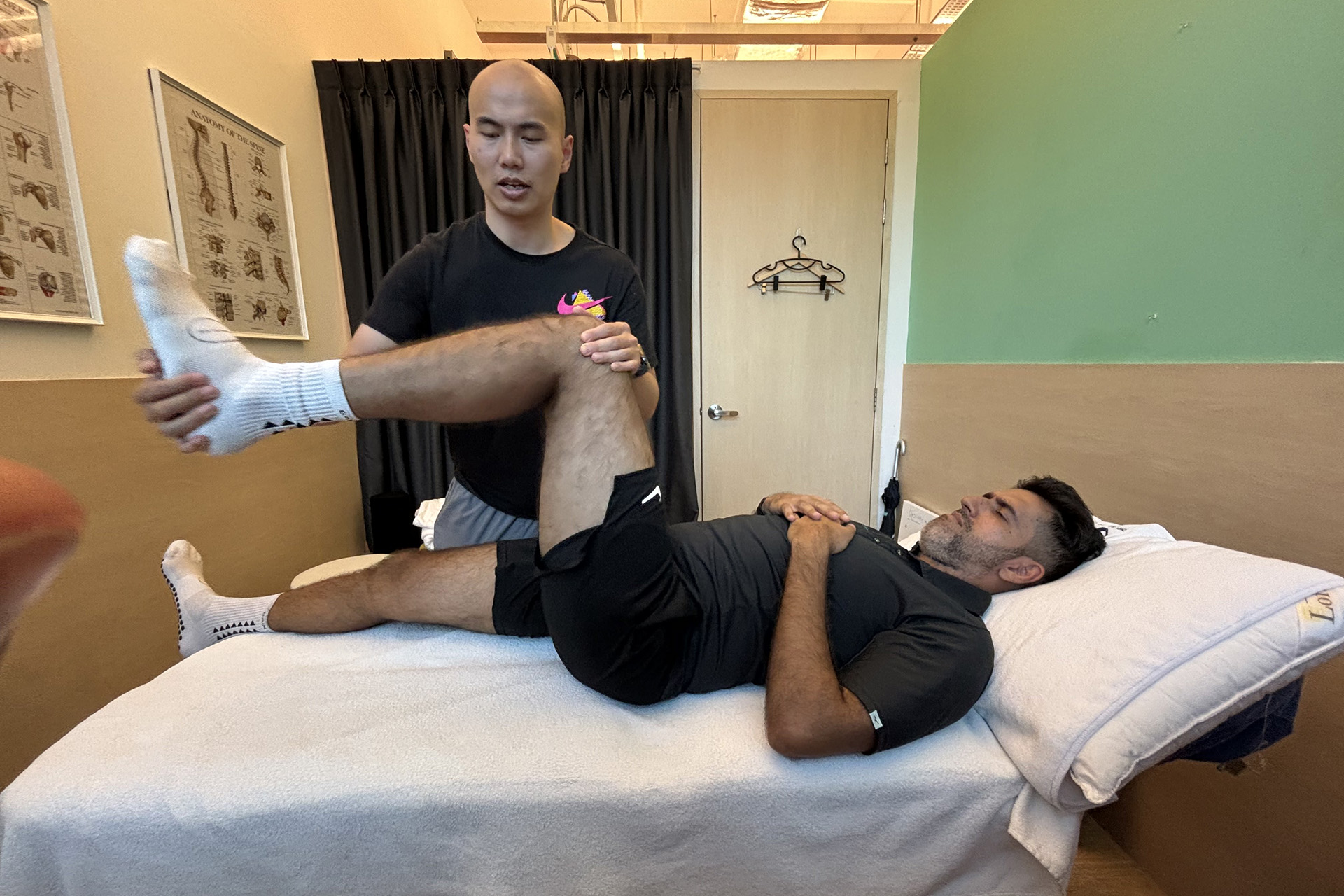When it comes to knee injuries, few are as common or as potentially debilitating as a meniscus tear. Whether you’re a weekend warrior or a professional athlete, a meniscus tear can throw a serious wrench in your active lifestyle. Here’s the good news: with the right physiotherapy approach, recovery isn’t just possible – it’s probable without requiring surgery.
Physiotherapists employ a combination of manual therapy, targeted exercises, and modalities to treat meniscus tears. The focus is on reducing pain and swelling, improving range of motion, strengthening surrounding muscles, and restoring proper knee biomechanics for optimal function.
Understanding Meniscus Tears
If you’re currently grappling with a meniscus tear, you’re likely experiencing a mix of pain, swelling, and frustration. The meniscus, a C-shaped piece of cartilage in your knee, plays a crucial role in shock absorption and joint stability. When it tears, it can significantly impact your mobility and quality of life.

Meniscus tear symptoms typically include pain, especially when twisting or rotating your knee, swelling, stiffness, and difficulty fully extending your knee. You might also experience a catching or locking sensation, making it feel like your knee is stuck in position.
Understanding the severity of your tear is crucial for treatment. Meniscus tears are classified into three grades, with Grade 3 being the most severe. The location of the tear also matters – tears in the “red zone” (the outer third of the meniscus) have a better blood supply and thus a better chance of healing, while tears in the “white zone” (inner two-thirds) may require surgical intervention.
Meniscus tear healing times can vary significantly, influenced by factors like the tear’s severity and location and the chosen treatment method. While minor tears in the well-vascularized “red zone” might heal within 4-8 weeks using conservative treatments such as rest and physical therapy, more severe tears, particularly those in the less vascular “white zone,” might require surgical intervention and a longer recovery period of 3-6 months.
The misconception that all meniscus tears will heal similarly is common, but it’s crucial to understand that the location of the tear plays a significant role in determining the potential for natural healing. Tears in the “red zone” have a better chance of healing due to the presence of blood vessels, which facilitate the repair process. In contrast, those in the “white zone” generally lack this capability and often necessitate surgical repair.
Patients often ask, “How long does it take for a meniscus tear to heal?” The answer isn’t straightforward. Recovery depends on the nature of the injury, the specific treatment plan, and the patient’s overall health and adherence to their rehabilitation program. For optimal outcomes, it’s essential to follow a tailored treatment plan that may include both physical therapy and, if necessary, surgical options to repair the tear effectively.
Recovery can be more complex and typically takes longer for those with a ligament and meniscus tear combination. These injuries often require a more comprehensive rehabilitation approach, addressing the meniscus and the affected ligament.
Physiotherapy Approaches for Meniscus Tear Recovery
Sports physiotherapy plays a crucial role in meniscus tear treatment, offering a targeted approach to recovery. A skilled sports physiotherapist will design a program that not only addresses the immediate injury but also considers your overall biomechanics and future injury prevention.
In the early stages of recovery, the focus is on reducing pain and swelling through techniques like gentle manual therapy, ice therapy, and possibly electrical stimulation. As healing progresses, your physiotherapist will introduce exercises to improve range of motion, strengthen the muscles supporting your knee (particularly the quadriceps and hamstrings), and enhance proprioception – your body’s sense of position and movement.

As you advance, sport-specific exercises will be incorporated to prepare you for a return to your chosen activities. This might include agility drills, plyometrics, and exercises that mimic the movements of your sport.
For some individuals, meniscus tears can lead to chronic pain, especially if left untreated, or if the tear is complex. In these cases, chronic pain management techniques can be invaluable. This might involve a combination of manual therapy, targeted exercises, and pain education to help you understand and manage your symptoms more effectively.
Adjunct Physiotherapy Treatments
Several complementary treatments have emerged as valuable adjuncts to traditional physiotherapy for meniscus tear rehabilitation.
INDIBA® Activ radiofrequency therapy aims to accelerate pain relief at a cellular level by stimulating metabolic activity, potentially reducing inflammation, and improving local circulation – factors that may contribute to meniscus recovery. Often combined with manual therapy and exercise, INDIBA® may enhance overall recovery outcomes, though more research is needed to fully establish its efficacy for meniscus tears specifically.
Shockwave Therapy isn’t typically used for meniscus tears directly but can be valuable in treating secondary issues like tendinopathies or muscle trigger points that may develop during recovery, potentially providing pain relief in these associated areas.

The LightSpeed Lift system allows for a controlled, gradual return to weight-bearing activities by reducing the load on the knee. This can help patients safely reintroduce movement patterns and build strength in a low-impact environment.
Clinical Pilates focuses on improving core strength, balance, and movement control, which may aid in overall knee stability and biomechanics, potentially contributing to a reduced risk of future injuries.
Together, these treatments provide a multi-faceted approach to meniscus tear rehabilitation, offering various strategies to support the recovery process alongside traditional physiotherapy techniques.
Post-Surgical Physical Therapy
If your meniscus tear requires surgical intervention, post-surgical physical therapy becomes crucial for optimal recovery. Your physiotherapist will work closely with your surgeon to ensure your rehabilitation aligns with the specific procedure you underwent.
Initially, the focus will be on protecting the surgical site while gradually restoring range of motion. As healing progresses, strength training and functional exercises will be introduced to help you regain full knee function and stability.
A Holistic Approach to Recovery
Recovering from a meniscus tear is not just about healing the physical injury – it’s about restoring your confidence in your knee’s ability to support you through your daily activities and athletic pursuits. A comprehensive physiotherapy program, potentially incorporating some of the advanced modalities discussed above, can help you achieve this goal.
Remember, every meniscus tear is unique, and your treatment plan should be tailored to your specific injury, lifestyle, and goals. By working closely with your physiotherapy team and committing to your rehabilitation program, you can optimize your recovery and potentially come back stronger than before.
The journey may be challenging at times, but with patience, persistence, and expert guidance at HelloPhysio, you can overcome a meniscus tear and return to the activities you love. Whether you’re aiming to get back on the sports field or simply want to walk pain-free, physiotherapy offers the tools and techniques to help you reach your goals.

